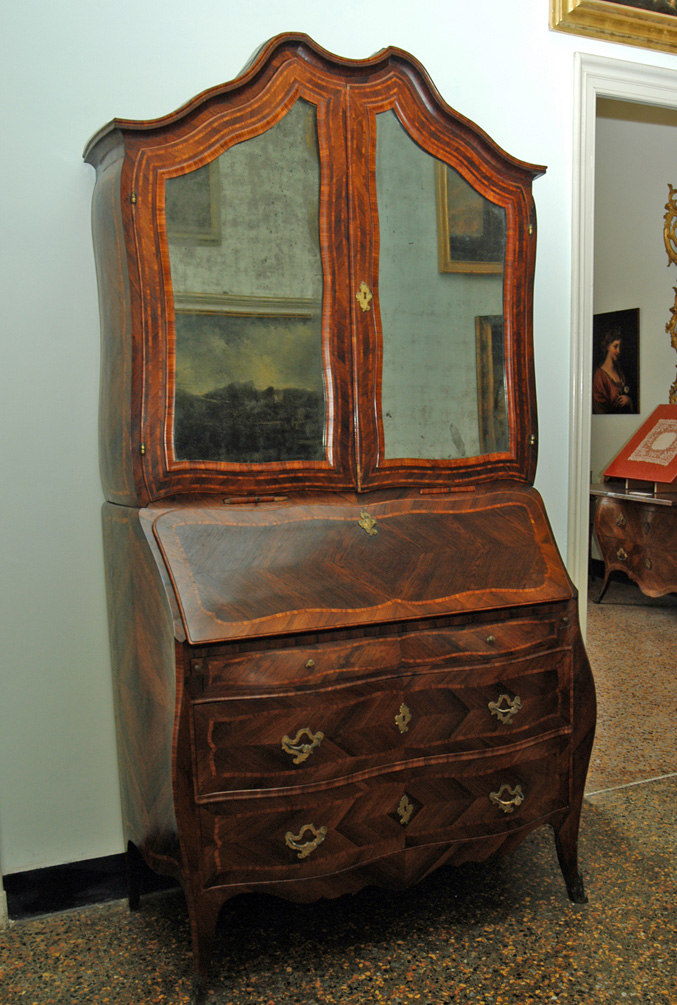
Click here to view image

Click here to view image

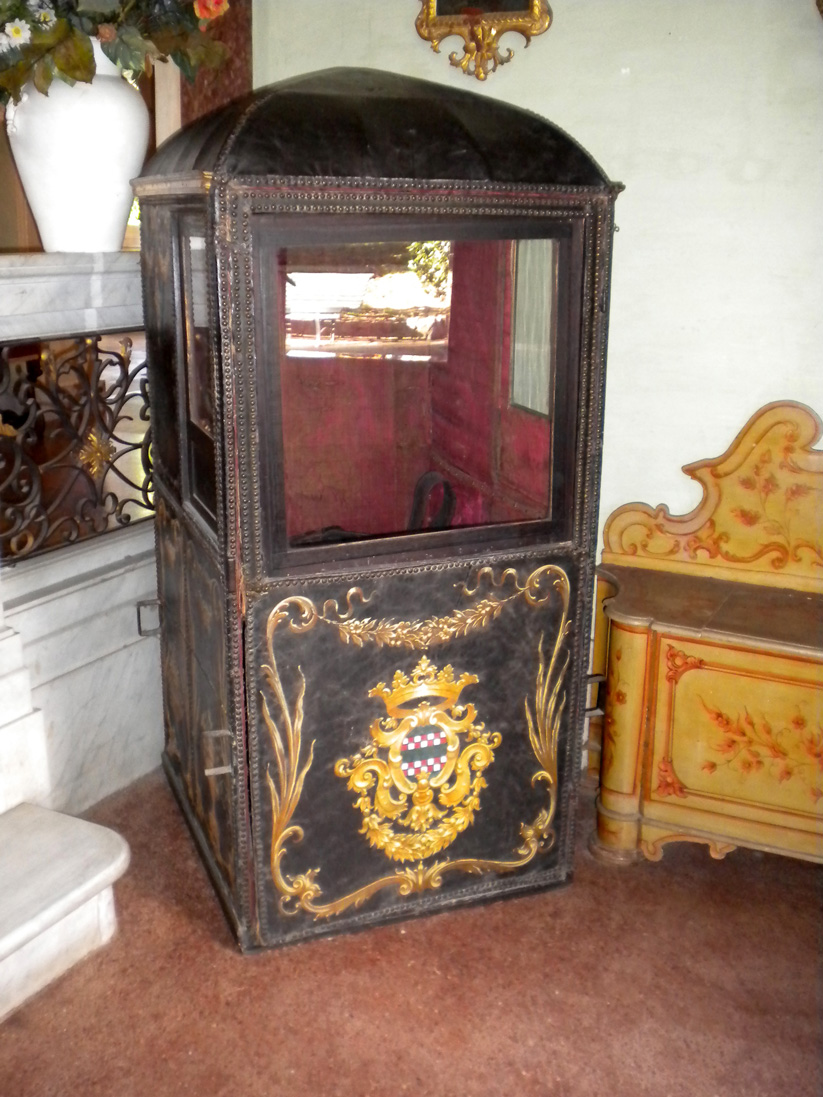
Click here to view image

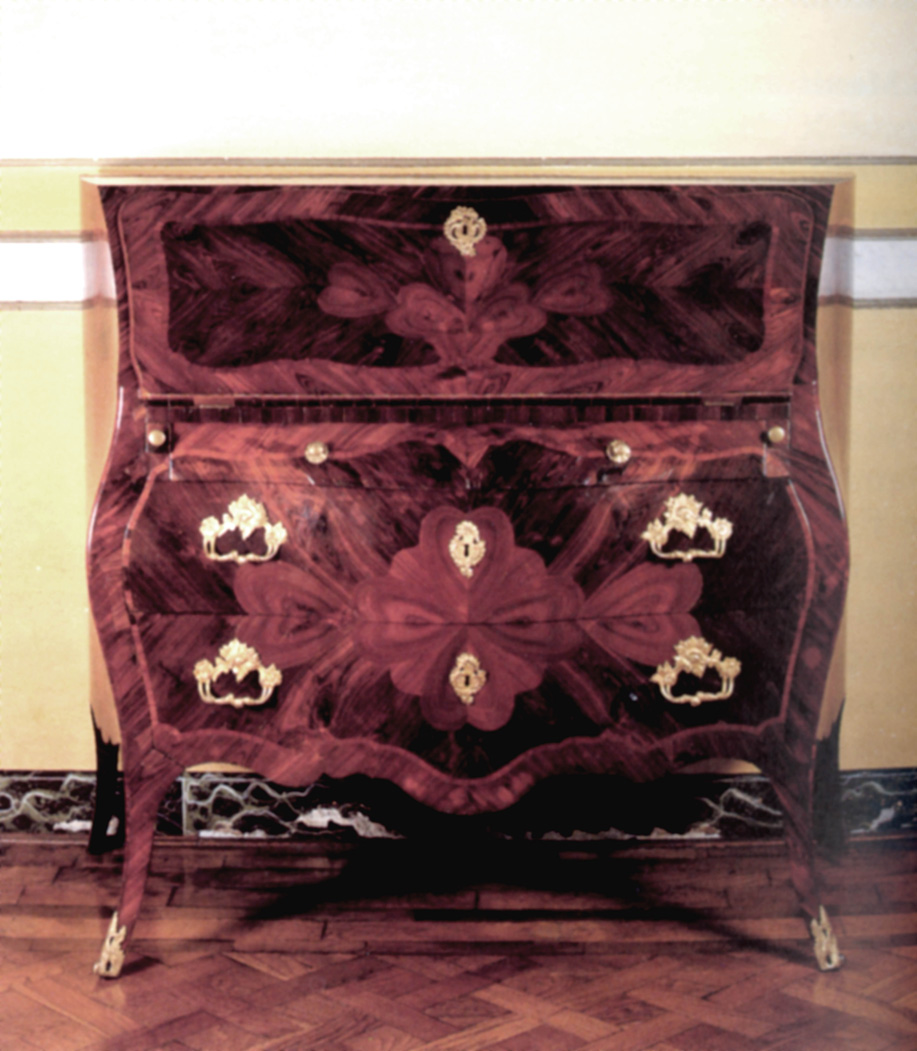
Click here to view image

Click here to view image
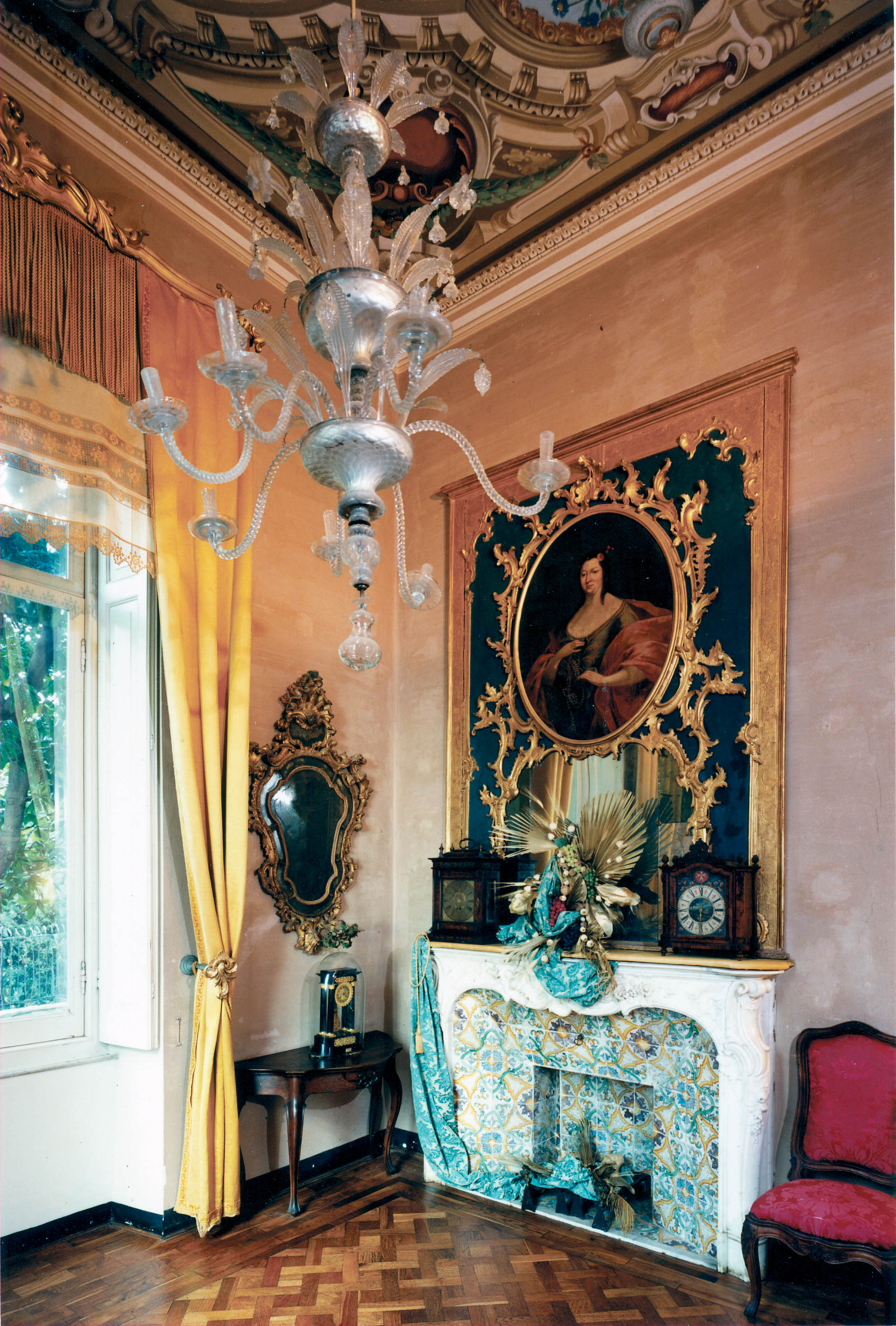
Click here to view image

Click here to view image
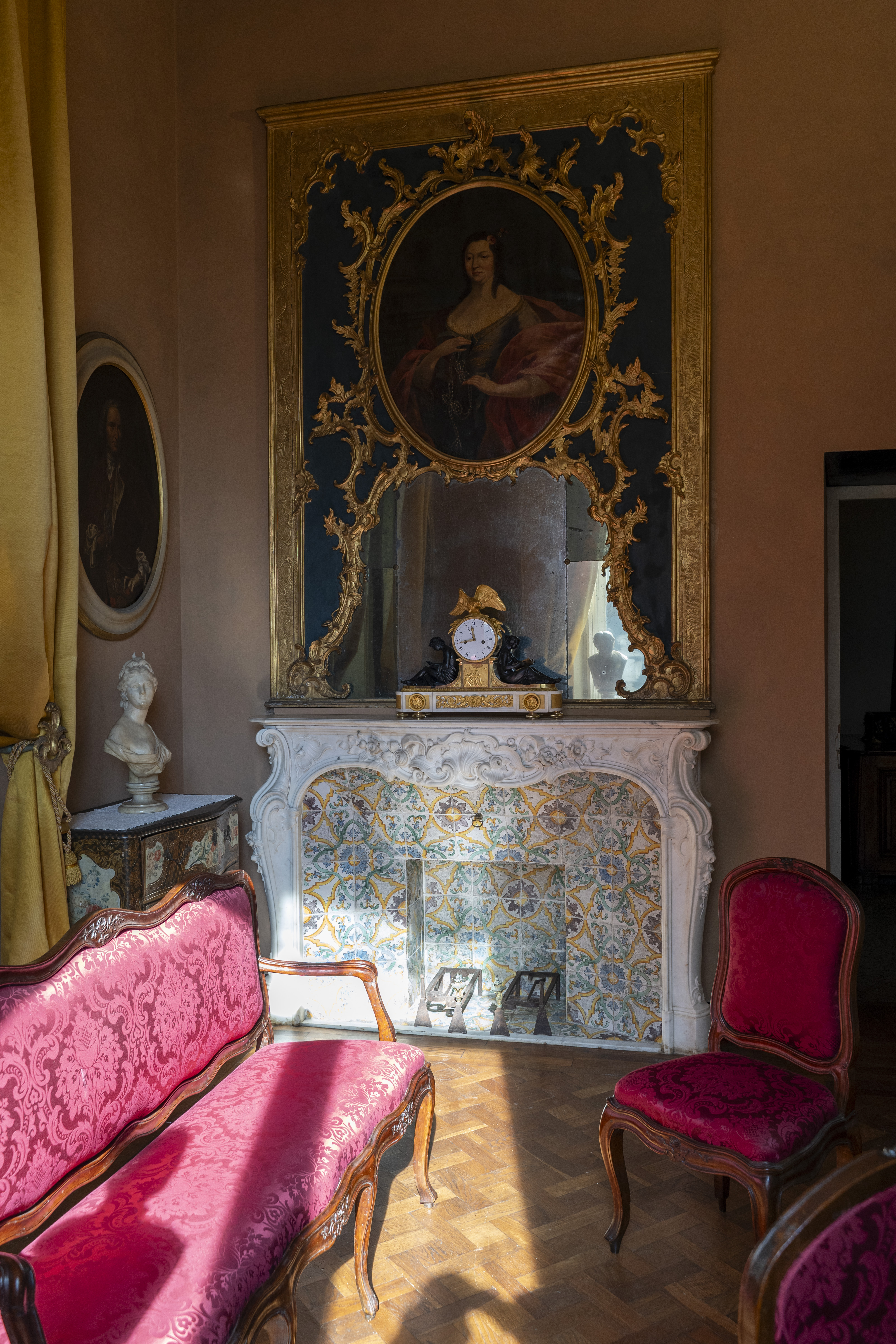
Click here to view image

Click here to view image
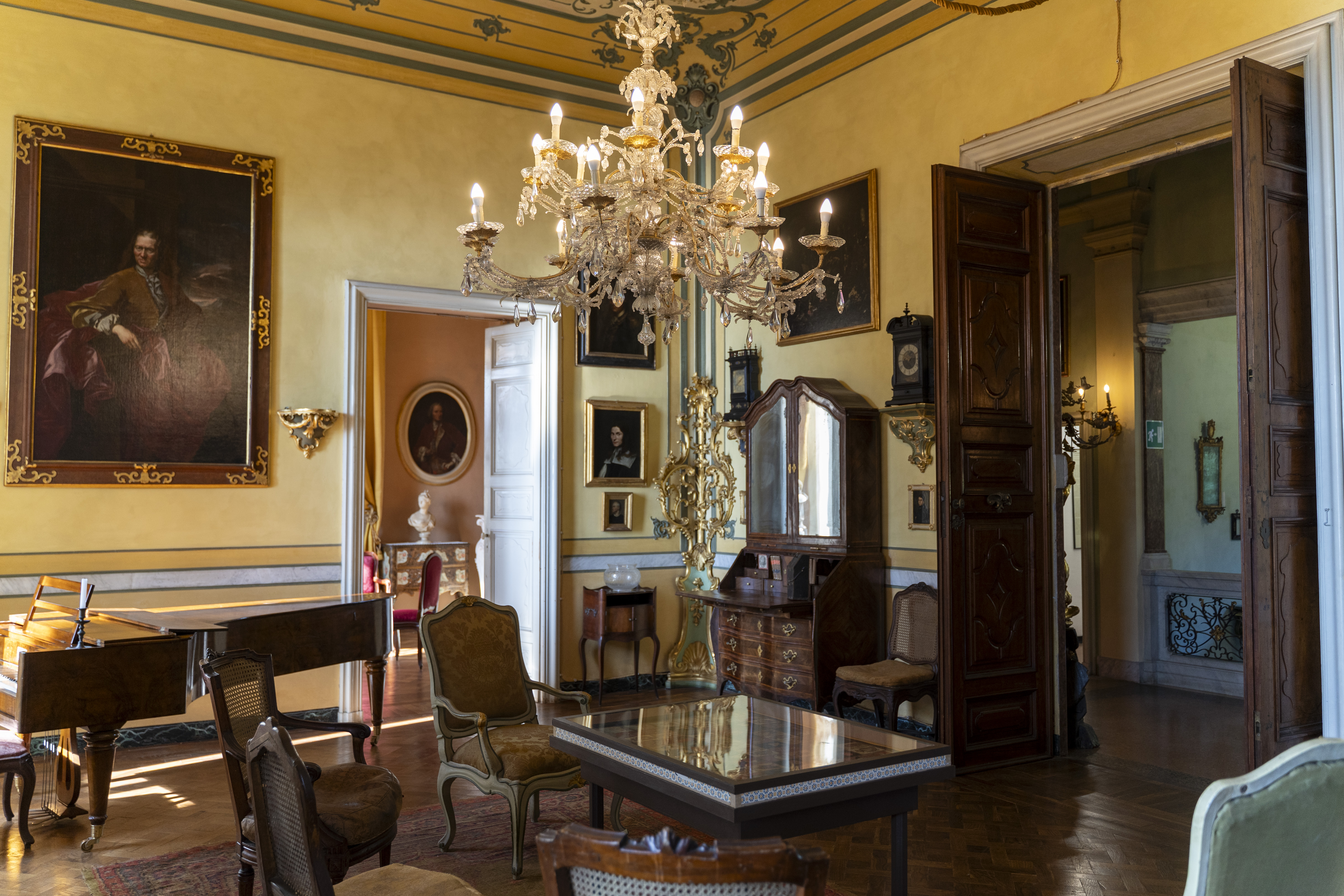
Click here to view image

Click here to view image



Headquarters:
Municipality of Genoa - Palazzo Tursi
Via Garibaldi 9 - 16124 Genoa
C.F / VAT 00856920102